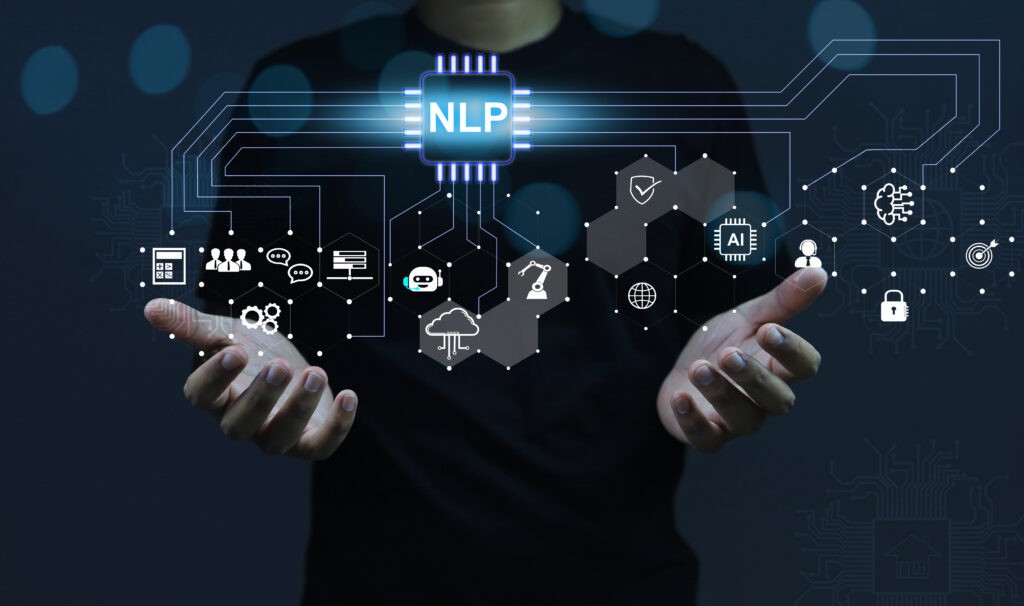
Natural Language Processing (NLP) Revolutionizing Technology: Impact and Uses Unveiled
Natural Language Processing (NLP) stands as a revolutionary force reshaping modern technology. Its impact spans industries, transforming user experiences and unlocking innovative applications. Let's delve deeper into NLP's impact on technology and its diverse applications across sectors.
Impact of NLP on Technology:
1. Seamless Human-Computer Interaction:
NLP has redefined how humans engage with technology. Voice assistants like Siri, Alexa, and Google Assistant have revolutionized user interaction, allowing intuitive communication and effortless information retrieval through speech recognition and language understanding.
2. Sentiment Analysis and Customer Service Enhancement:
Businesses harness NLP for sentiment analysis, diving into public opinions and customer sentiments through social media and feedback. This invaluable insight aids in tailoring products, refining services, and addressing customer concerns promptly, enhancing overall satisfaction.
3. Language Translation Breakthroughs:
NLP-powered translation tools have shattered language barriers, enabling seamless communication across global boundaries. Applications like Google Translate leverage NLP algorithms to provide accurate translations, fostering cross-cultural connections.
4. Unstructured Data Processing and Analysis:
NLP algorithms excel in processing unstructured textual data, unraveling meaningful insights from documents, articles, and social media posts. This empowers businesses to make informed decisions, identify trends, and predict market behaviors.
Uses of NLP in Various Fields:
1. Healthcare Optimization:
In healthcare, NLP streamlines tasks like clinical documentation and data extraction from medical records. It enhances patient care, aids diagnostics, and supports medical research by analyzing vast healthcare-related texts and data.
2. Financial Sector Advancements:
NLP aids financial decision-making by analyzing market trends, news articles, and social media sentiment. Additionally, chatbots equipped with NLP capabilities offer personalized customer support and facilitate secure financial transactions.
3. Education Transformation:
NLP-driven applications personalize learning experiences, adapting content to individual student needs. These tools assist in language learning, automate assessments, and deliver tailored educational content to diverse learning styles.
4. Strengthening Cybersecurity:
NLP identifies patterns in cyber threats by analyzing unstructured data like logs and emails. This proactive approach helps in threat detection, prediction, and bolstering cybersecurity measures.
Conclusion:
Natural Language Processing (NLP) emerges as a transformative catalyst, reshaping technology across industries. As AI advancements progress, the integration of NLP promises streamlined processes, elevated user experiences, and uncharted technological possibilities, marking a significant stride in technological evolution.